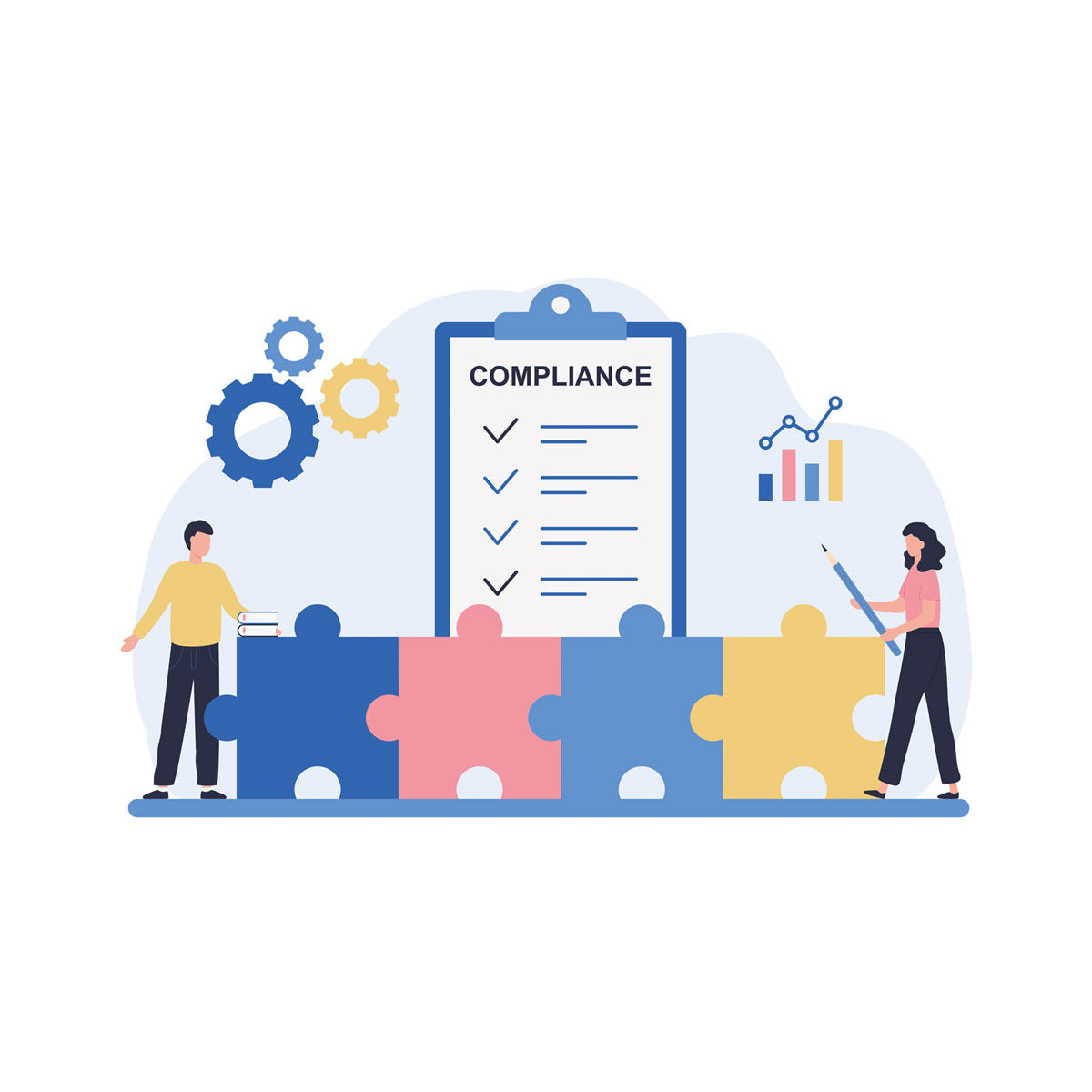Ensuring Compliance and Regulatory Adherence in Supply Chain: A Prerequisite for Sustainable Success

In today's complex and globalized business environment, supply chain management plays a crucial role in the success and sustainability of any organization. One key aspect that cannot be overlooked is the need for maintaining compliance with various regulations and ensuring adherence to legal requirements. This blog aims to shed light on how companies can effectively navigate the intricate landscape of compliance and regulatory frameworks within the supply chain industry.
1. Understanding the Regulatory Landscape:
To embark on a journey towards compliance, it is imperative for supply chain professionals to have a comprehensive understanding of the regulatory landscape. From international standards to regional requirements, businesses must adapt to an array of laws pertaining to product safety, labor conditions, environmental practices, and more. It is essential to stay updated and maintain a robust compliance program to mitigate risks and avoid potential legal entanglements.
2. Establishing Compliance Protocols:
Implementing a stringent compliance framework involves establishing clear protocols and policies that align with applicable regulations. These protocols should cover all aspects of the supply chain, including procurement, manufacturing, transportation, warehousing, and distribution. Integration of compliance measures throughout each stage ensures a holistic approach to abide by regulations at every juncture.
3. Supplier Due Diligence:
Supply chain compliance heavily relies on the integrity, credibility, and compliancy of suppliers. Conducting thorough due diligence before engaging with suppliers is paramount. This involves evaluating their track record, adherence to labor laws, environmental practices, and other relevant certifications. Establishing a code of conduct for suppliers and regularly assessing their compliance can help maintain high ethical standards throughout the supply chain.
4. Traceability and Transparency:
With consumers becoming increasingly conscious of sustainable and ethical practices, traceability and transparency have emerged as central aspects of supply chain compliance. Organizations must adopt robust traceability systems that allow for complete visibility into product origins, components, and processes. Digitization and emerging technologies such as blockchain can enhance transparency and generate trust among stakeholders.
5. Training and Education:
Building a compliant supply chain necessitates ongoing training and education for all employees involved in supply chain operations. Regularly updating and educating employees about relevant regulations, ethical practices, and industry standards can significantly contribute to compliance efforts. Training programs should emphasize the importance of adhering to legal requirements and the potential consequences of non-compliance.
6. Auditing and Continuous Improvement:
Conducting regular audits and assessments is crucial to monitor compliance effectiveness and identify areas for improvement. Internal and external audits help identify any deviations from established protocols and highlight potential compliance gaps. Engaging third-party auditors and incorporating their expertise can provide an unbiased perspective and aid in implementing necessary corrective actions.
Conclusion:
In an increasingly regulated global business landscape, supply chain compliance has become a non-negotiable aspect of sustainable success. By understanding the regulatory landscape, establishing robust protocols, ensuring supplier compliance, embracing traceability and transparency, providing comprehensive training, and conducting regular audits, organizations can mitigate risks and safeguard their reputation. Prioritizing compliance not only protects the interests of stakeholders but also fosters a culture of ethical and responsible supply chain management.




Leave a comment